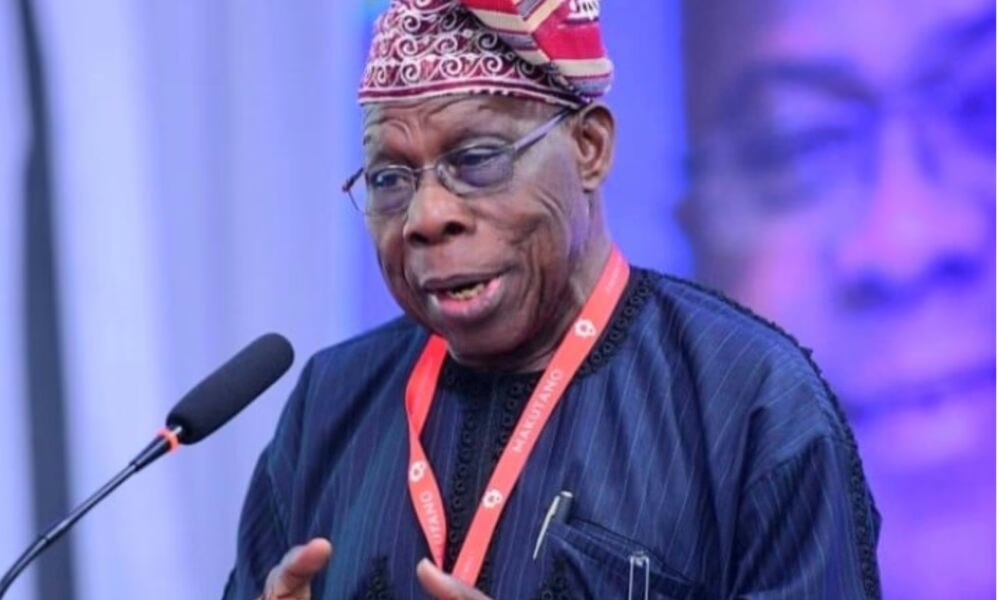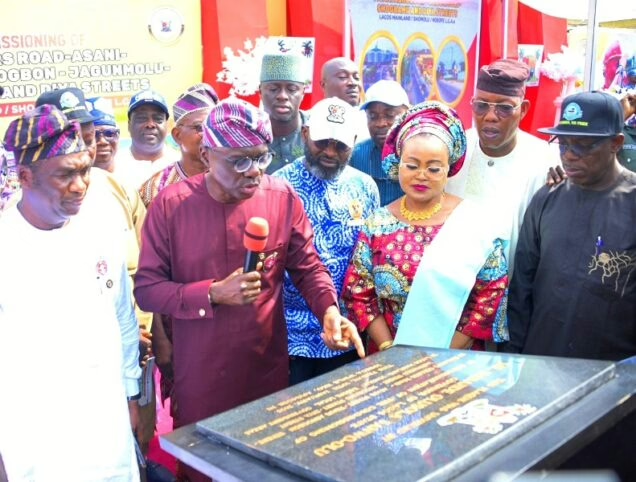Vice President Kashim Shettima disclosed on Friday that funding the nation’s energy transition requires investments of over $10 billion per year up to 2060.
He also revealed that the nation currently has the highest rate of deforestation in the world, as people primarily depend on biomass for energy generation.
According to him, desert encroachment is threatening the livelihood of communities in the North, especially in the Lake Chad Basin, adding that rising sea levels is also threatening coastal cities and communities in the southern part of the country.
Shettima made these remarks at an energy transition symposium themed “Energy Transition in an Oil-Dependent Economy,” organised by Development Agenda Magazine in Abuja.
He disclosed that the majority of the money would come from the private sector, saying that Nigeria’s energy transition journey as well as its resolve to embrace clean and renewable energy solutions remains on track under the administration of President Bola Tinubu.
He, however, said his principal was ready to take a difficult decision to ensure that the nation is put on the right track in achieving its energy transition target.
Represented by the special adviser to the President on Power Infrastructure, (office of the vice president), Sadiq Wanka, Shettima said Nigeria has also made significant investments in local value chains, including solar panel assembly and lithium processing that have been announced or commissioned.
He explained: “This is a critical and often understated aspect of the energy transition. Supporting the energy transition locally and globally can create new industries in EV manufacturing and associated ecosystems; support the livelihoods of miners, including artisanal miners cut across the country.
“But full implementation of the Nigeria Energy Transition would not be easy. It requires concerted effort locally, and international collaboration, to source financing and to prepare the Nigerian workforce for a Net-Zero economy and to have a truly just energy transition. If we take the issue of financing alone, funding the energy transition requires investments of over $10 billion per year up to 2060.
“Majority of this money would necessarily come from the private sector including through initiatives to access high-integrity carbon markets. But we are up to the challenge. The administration of President Ahmed Tinubu is willing to take the difficult decisions and the rich resource base and depth of human capital in our dear country will ensure our success.”
According to the vice president, with 45 per cent of Nigerians lacking access to electricity, and a GDP per capita that is half that in Egypt and a third of that in South Africa, the urgency of improving the economic condition of Nigerians is clear.
He noted some critical environmental considerations which, if not adequately managed, would actually hamper its ability to change the lives of millions of our people for the better.
He said:”Nigeria today has the highest rate of deforestation in the world as people depend primarily on biomass for energy generation.
“In the North, Desert encroachment is threatening the livelihood of communities, especially in the Lake Chad Basin. In the south, rising sea levels threaten our coastal cities and communities.
“It is in this light that the Energy Transition Plan in Nigeria balances the need for Nigeria to rapidly industrialise and develop and the need to address critical environmental challenges that are not just a distant concept, but an immediate reality. The energy transition plan is very clear on the need for Nigeria to become a net-zero economy by 2060. But it does so with the critical realisation that we must maximise our petroleum resources in the short term to provide the base load energy that would turbocharge the economy. In particular, there is a strong government drive to push hydrocarbon investments up to 2030 before a gradual phase-out post-2030.
“In 2021, Nigeria declared the 2020s the Decade of Gas. At the heart of the decade of gas, is improving fiscal terms and targeted incentives that would unlock up to 10 billion sef day of gas supply by 2030 to be channelled to serve the power sector, commercial sector and gas-based industries. Critical to this unlock is a focus on non-associated gas which constitutes the lion- share of the over 200 trillion cubic feet of proven gas reserves in the country.
He recalled that in February 2024, the President signed three executive orders as part of the Government’s commitment to make Nigeria a destination of choice for oil and gas investments.
The Editor-in-Chief, Development Agenda Magazine, Paddy Ezeala, said although Nigeria has adopted gas as its transition energy, it will have to deal with a future when fossil fuels are no longer marketable, saying there would be profound social and economic implications.
He said it was necessary to mitigate the expected negative effects of the federal government’s energy transition programmes on Nigerians, including how to ensure that impacted communities are helped and how to secure justice for residents of those communities.
In his remarks, Kaduna State governor, Uba Sani, said the state government was in tune with the federal government’s plan and targets to attain a minimum of 30 per cent of energy from renewables by 2030.
Represented by the managing director of Kaduna Power Supply Company (KAPSCO), Engr. Idris Aminu Idris, the governor said his administration has taken advantage of the opportunities the Electricity Act 2023 presents through developing our electricity policy.
“Our Country requires for its growth and development, the delivery of affordable, reliable, and sustainable energy for homes and businesses, and I strongly believe that subnational governments have a key role to play in achieving this with a three-way collaboration between the Federal Government, the State Governments, and the private sector in attaining a sustainable energy practice”, he stated.











